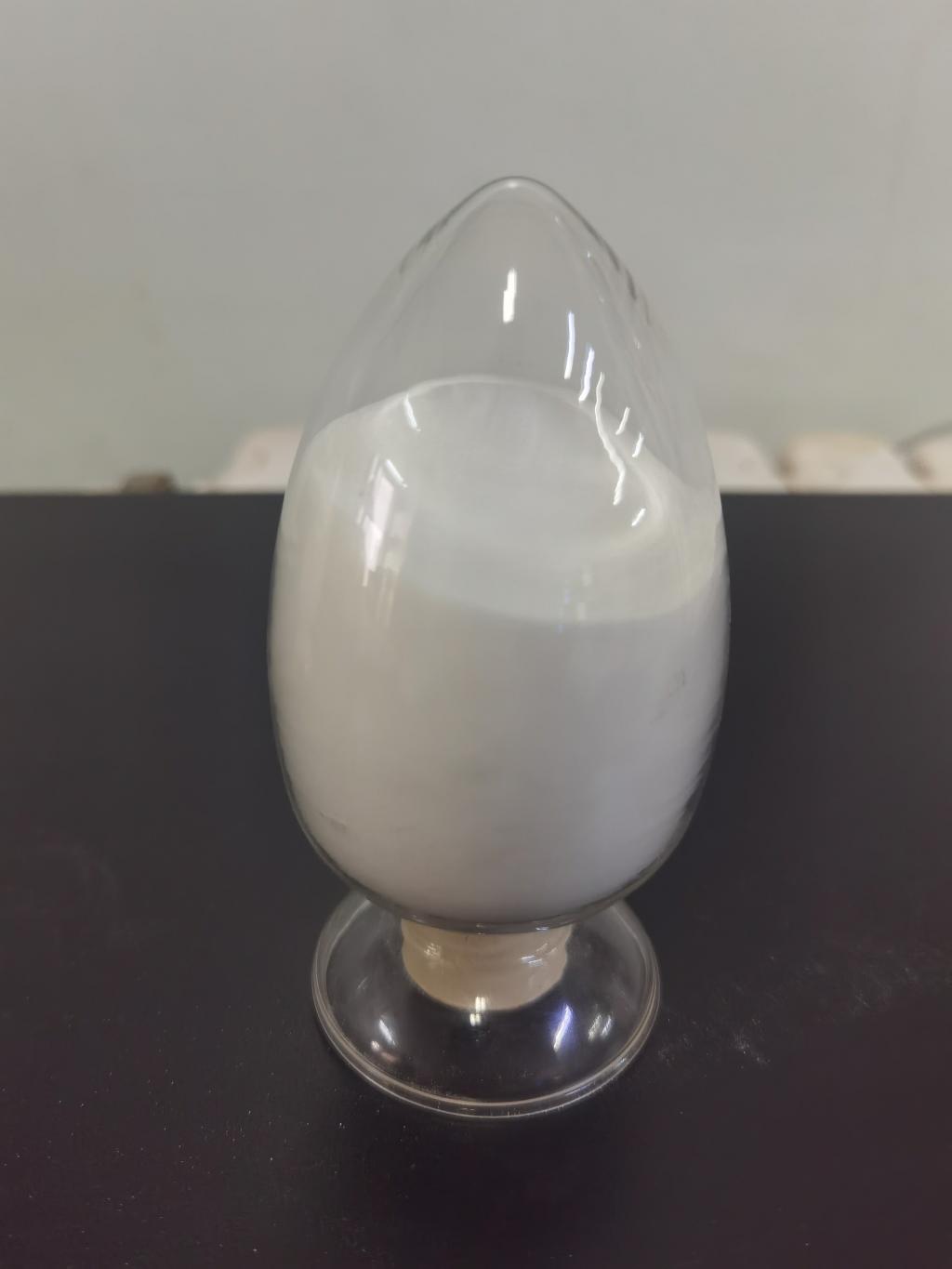Tel:0086 18231198596

News
Current Position:
Home >
News
>ε-Polylysine Hydrochloride in Fermented Beverages: Enhancing Quality and Safety
ε-Polylysine Hydrochloride in Fermented Beverages: Enhancing Quality and Safety
TIME:2024-02-27
Introduction:
Fermented beverages, including but not limited to beer, wine, and various traditional drinks, are enjoyed globally for their unique flavors and nutritional attributes. The fermentation process, which involves the transformation of sugars into alcohol and other byproducts by microorganisms, is central to the production of these beverages. However, microbial contamination and spoilage can compromise their quality and safety. This article explores the innovative use of ε-polylysine hydrochloride in fermented beverages to address these challenges and enhance overall product quality.
Understanding ε-Polylysine Hydrochloride:
Derived from Streptomyces albulus, ε-polylysine hydrochloride is a natural antimicrobial peptide known for its broad-spectrum activity against bacteria, fungi, and some viruses. With a polymeric structure composed of lysine units, it offers a unique solution to microbial control while being biodegradable and safe for consumption.
Antimicrobial Properties and Mechanisms of Action:
The antimicrobial efficacy of ε-polylysine hydrochloride is attributed to its ability to disrupt microbial cell membranes, preventing the growth and proliferation of various microorganisms. This mechanism of action sets it apart from conventional preservatives and offers a promising solution to microbial challenges in the fermentation industry.
Quality Enhancement in Beer Production:
Beer, one of the oldest and most widely consumed fermented beverages, is susceptible to contamination by spoilage microorganisms such as bacteria and wild yeast. The incorporation of ε-polylysine hydrochloride in beer production can aid in controlling unwanted microbial growth, improving the overall quality, and extending the shelf life of the product.
Wine Preservation and Quality:
Wine production relies on the fermentation of grapes by specific yeast strains. However, unwanted microbial activities can lead to off-flavors and spoilage. ε-Polylysine hydrochloride presents an innovative approach to preserving wine quality by selectively inhibiting spoilage microorganisms while allowing the desired fermentation process to proceed.
Application in Traditional Fermented Beverages:
Across cultures, various traditional fermented beverages play a significant role in culinary traditions and social rituals. These beverages often face challenges related to microbial contamination and stability. The incorporation of ε-polylysine hydrochloride in traditional fermentation processes can contribute to the preservation of authenticity, flavor, and safety.
Controlling Spoilage Microorganisms:
Spoilage microorganisms in fermented beverages can lead to undesirable flavors, odors, and changes in texture. ε-Polylysine hydrochloride's ability to target specific microorganisms, such as lactic acid bacteria and acetic acid bacteria, makes it a valuable tool in controlling spoilage and maintaining the intended characteristics of fermented beverages.
Yeast and Fermentation Process:
While ε-polylysine hydrochloride primarily targets bacteria and some fungi, its impact on yeast, the key microorganism in many fermentation processes, is minimal. This selectivity allows for the preservation of the natural fermentation process, ensuring the desired flavors and aromas characteristic of each beverage.
Challenges and Considerations:
Despite its promising applications, the use of ε-polylysine hydrochloride in fermented beverages requires careful consideration of factors such as optimal dosage, compatibility with other ingredients, and potential sensory impacts. Addressing these challenges through research and development efforts is crucial to ensuring successful integration into diverse fermentation processes.
Future Prospects and Implications:
The integration of ε-polylysine hydrochloride in fermented beverages holds substantial promise for the future of the fermentation industry. As research advances, its application may extend to a broader range of beverage types, contributing to enhanced quality, safety, and shelf life. The implications of this innovation extend beyond traditional brewing and winemaking to diverse fermented beverages consumed globally.
Conclusion:
ε-Polylysine hydrochloride emerges as a transformative tool in the production of fermented beverages, offering precision control over microbial growth to enhance quality and safety. Its antimicrobial properties, natural origin, and compatibility with fermentation processes position it as a promising solution to microbial challenges in the industry. Continued research, collaboration between scientists and beverage producers, and careful consideration of application parameters will be essential in realizing the full potential of ε-polylysine hydrochloride in revolutionizing the fermentation of diverse and culturally significant beverages.

 CONTACT
CONTACT




